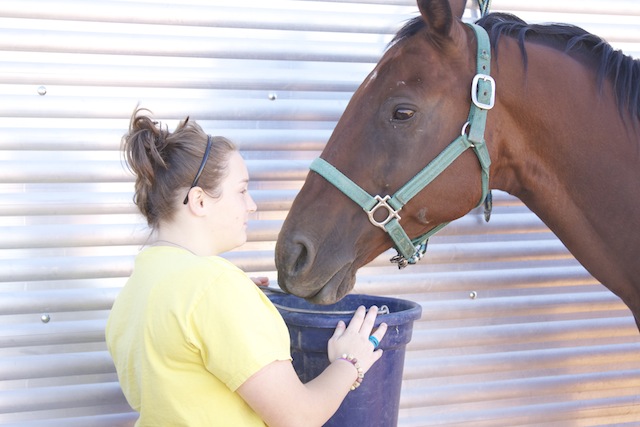Troubled Teens and Adolescent Therapy | C.A.R.E.
Many people think that childhood and adolescence are "the best years of one's life," characterized by carefree living, with no serious responsibilities to weigh one down. The reality can be very different - calling for the need for effective adolescent therapy.
All troubled teens experience sadness. Frustrations, disillusionment, the first heart break and hormones running amok are bound to sadden the gladdest of hearts on occasion. However, some teens experience a sadness that goes deeper, lasts longer and weighs heavier. This deeper, darker sadness is depression
Problems in adolescence can easily be understood if one bears in mind that they are transitioning from the dependency of childhood to the independence and responsibility of early adulthood.
Troubled teens today face pressures that sometimes overwhelm them, leaving them unable to reach their potential in later life. Their challenges may range from intentional and learning problems to abuse issues, eating disorders, depression, anxiety, and family discord, to name only a few.
Depressed troubled teens may present a variety of physical symptoms such as sudden weight gain or loss, nausea, aches and pains, headache, dizziness, stomachache, exhaustion, etc. As a result they may avoid social contacts, miss school, withdraw into their rooms, and have difficulty concentrating on any task. These symptoms will invariably be noticed in poor academic functioning.
Because depression can cause low self-esteem, teens may be overly sensitive to what they perceive as rejection or failure. They may feel as if they are insignificant and become irritable, taking out their misery on family members via verbal, emotional or physical abuse. This rage may be their way of gaining control of the life which they perceive is spiraling out of their grasp.
WHAT TO DO
If you find that your troubled teen are also going through these problems then immediately, you should think about, which adolescent therapy is most appropriate for the youngster.
C.A.R.E. Can help you find the right out of home placement for your struggling son or daughter.
Some of the characteristics that most frequently describe the need for adolescent therapy are:
Depression, sometimes resulting in suicidal gestures or attempts.
- Inability to form positive relationships with peers or adults may call for adolescent therapy
- Oppositional and/or aggressive behavior toward parents and authority figures
- Incidents of running from home and/or chronic truancy
- Adolescent therapy is needed when youngsters engage in excessive risk-taking Delinquent acting-out
- Substance abuse also calls for adolescent therapy
- Sexual acting-out
- Lack of motivation regarding educational/vocational goals
FAMILY THERAPY
Family therapy is essential when treating adolescents with behavioral or emotional problems. Improving communication between family members and helping both the parents and the teen understand how conflicts can be resolved through improved communication often result in significant improvements in the family relationship. If there is one element in a child's life that improves their chances for success in school and life, it is strong family bonds with positive, constructive communication. It is important that parents not feel defensive if in the (adolescent) therapy the therapist focuses on changes in how they communicate with their teenagers.
Therapy: The goal of therapy with adolescents is to help both the child and the parents understand why they act out with rebellious, willful behavior and how they can learn to express their needs and wants in a more productive way. When parents allow the process of re-forging the lines of communication, they dramatically improve their relationship with their teenager and create an environment where positive behavioral change is possible
For the adolescent in therapy, adolescent group work can offer a safe environment where a wide variety of concerns (e.g., substance abuse, social skills) can be addressed. The dynamics of group adolescent therapy allow for interpersonal and intrapersonal growth with one’s peers and are uniquely different from one-to-one interactions with a counselor. Teens may also find safety in numbers and become more involved at the encouragement and example of their peers.
Teach your adolescent about the joys and troubles of life and ways to revel in the good times and cope with the bad. The myths that life is always easy or fair or that one should always be happy can lead to frustration for young people dealing with the realities of life.

